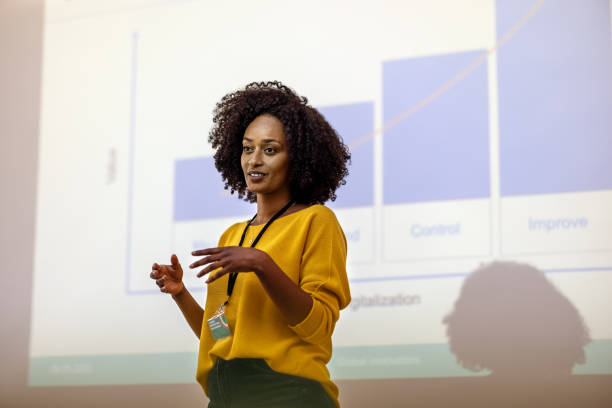Title: Picking Your Path: What to Study to Become a Lecturer in South Africa Introduction Hey there! So, you’re thinking about becoming a lecturer...
Title: The Academic Journey: How Many Years to Become a Lecturer in South Africa?
Embarking on a career as a lecturer in South Africa is a commitment to an academic journey filled with learning, growth, and discovery. It’s a path that combines educational achievements with practical experience. For those dreaming of shaping young minds and contributing to their field, understanding the timeline and what it entails is crucial. So, how many years does it take to become a lecturer in South Africa? Let’s break it down.
Educational Pathway of Becoming a Lecture
1. Undergraduate Studies (3-4 Years) The journey begins with an undergraduate degree in the field you wish to specialize in. This typically takes three to four years, depending on the subject and the institution. This phase lays the foundation of your academic knowledge and skills.
2. Honours Degree (1 Year) In many cases, an honours degree follows the undergraduate degree. This adds an extra year to your studies, during which you delve deeper into your field, often involving a research project or thesis.
3. Master’s Degree (1-2 Years) A master’s degree is usually the minimum requirement for becoming a lecturer. This degree can take one to two years to complete, depending on whether you opt for a full-time or part-time study mode. It involves a significant amount of research and demonstrates your ability to contribute scholarly work to your field.
4. Doctoral Degree (3-5 Years) While not always a requirement, a Ph.D. is highly recommended and often preferred for lecturer positions. A doctoral degree can take anywhere from three to five years to complete. It involves extensive research and writing a dissertation that contributes new knowledge to your field.
Gaining Experience as a Lecture
1. Tutoring and Assistantships (Concurrent with Master’s or Ph.D. Studies) While pursuing your master’s or Ph.D., it’s advantageous to gain teaching experience. This can be achieved through tutoring undergraduate students or working as a teaching or research assistant. These experiences can run concurrently with your studies and are essential for building your academic CV.
2. Postdoctoral Research (1-3 Years) After completing a Ph.D., some choose to undertake postdoctoral research. This period allows you to deepen your research experience and often involves working on a specific project. While not mandatory for becoming a lecturer, it enhances your research profile and teaching credentials.
Putting It All Together
Combining the years spent in education and gaining relevant experience, the journey to becoming a lecturer can vary significantly. Here’s a rough timeline:
- Undergraduate Degree: 3-4 years
- Honours Degree: 1 year
- Master’s Degree: 1-2 years
- Doctoral Degree: 3-5 years
- Experience (Concurrent and/or Postdoctoral): 1-3 years
In total, if one follows the full trajectory from an undergraduate degree to a Ph.D., coupled with gaining relevant experience, it can take approximately 9 to 15 years to be eligible and competitive for a lecturer position in South Africa.
Read: 7 Steps – How to Become a Lecturer in SA
The journey to becoming a lecturer in South Africa is a blend of academic achievements and practical teaching experience. It’s a path for those who are deeply passionate about their field of study and committed to the world of academia. While the time it takes can vary, each step in this journey is crucial in shaping you into an educator who can inspire, lead, and contribute significantly to both students and the academic community.




